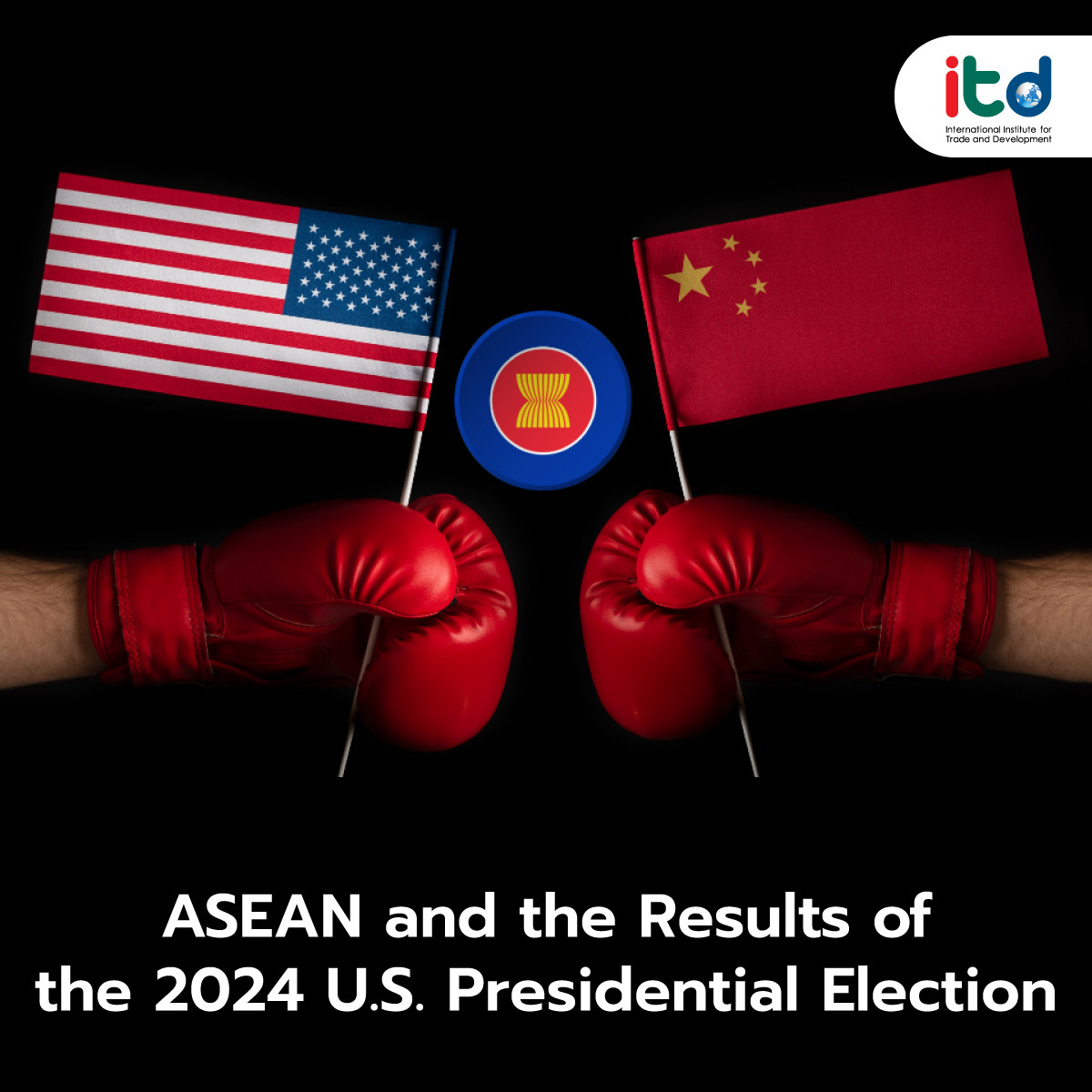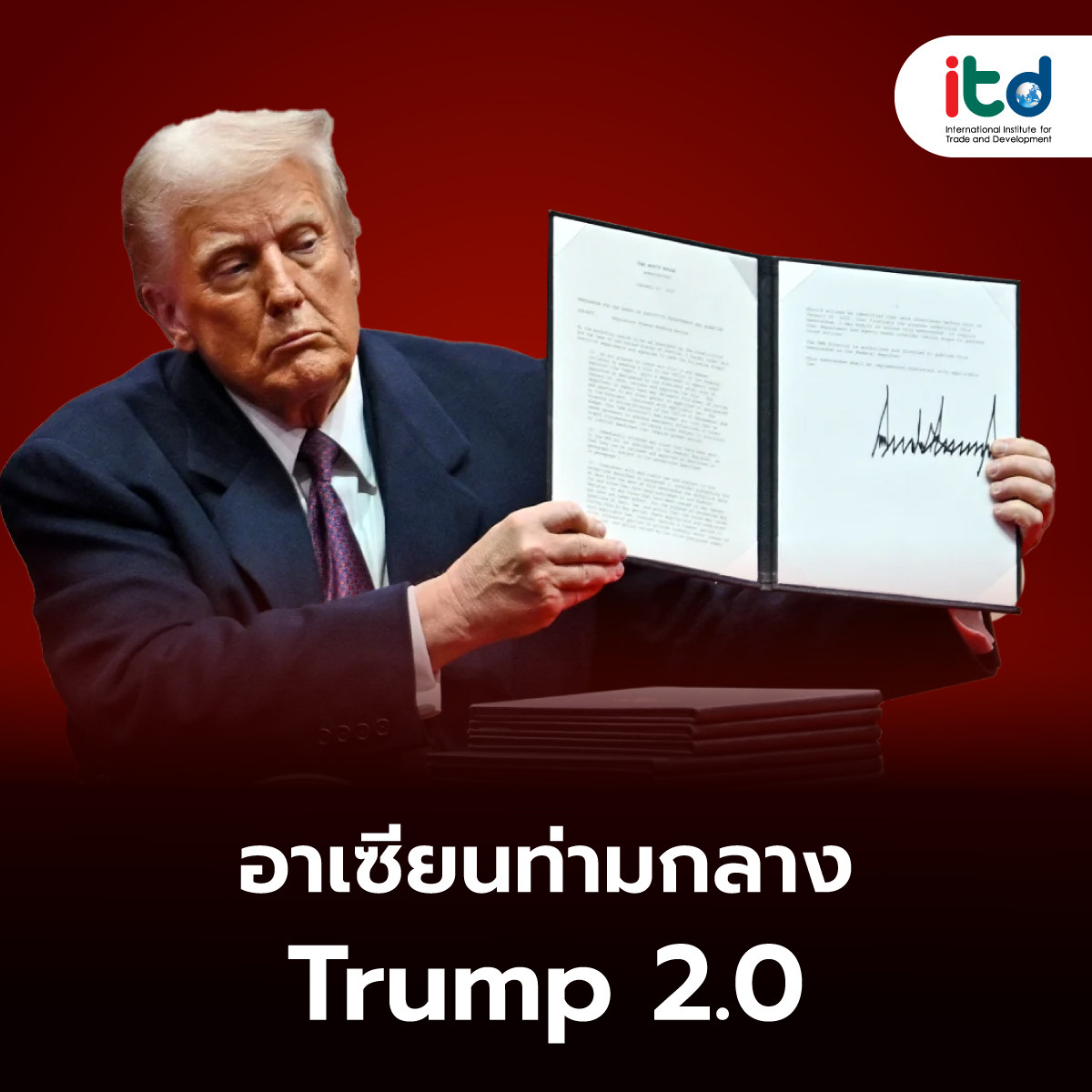About Documents
The results of the U.S. presidential election on November 5, 2024, could be a turning point for global trade, potentially leading to increased trade barriers with significant impacts on the world economy. The International Monetary Fund (IMF) has warned that if Donald Trump wins the election and returns as U.S. president, triggering a new trade war with China, the global economy could shrink by up to 7%, equivalent to the combined economies of France and Germany.
The IMF’s assessment highlights the severe consequences of a U.S. administration under Trump, with a likely escalation of tariffs on Chinese imports, similar to the first trade war in 2018, which significantly affected global trade and the economy.
If Kamala Harris becomes U.S. president, however, the trade relationship between the U.S. and China may follow a less confrontational path compared to a Trump-led administration, likely resulting in a more moderate impact on global trade. Harris’s policies emphasize a balance between cautious strategic competition and selective cooperation with China.
In the event of a new trade war, ASEAN would inevitably find itself in a challenging environment marked by global market instability and slower economic growth, particularly in economies heavily integrated into global production chains. This could reduce ASEAN’s exports to the global market and potentially lead to delays or cancellations of foreign investment plans in the region.
If Trump wins, U.S. trade barriers could also impact ASEAN exports to China due to potential reductions in Chinese domestic consumption resulting from a new trade war. Additionally, industries in which China plays a significant role in the production process and sectors where ASEAN relies heavily on Chinese supply chains, such as electronics and machinery could face disruptions.
Nonetheless, a new trade war could also present ASEAN with trade and investment opportunities. ASEAN could increase its market share in the U.S., especially in electronics and electrical appliance sectors, where products like semiconductors and electronic components from ASEAN might gain popularity as alternatives to Chinese goods.
Another key opportunity for ASEAN would be to attract more foreign investment to the region, as a new trade war might prompt U.S. and Chinese companies to relocate their production bases to countries with lower costs and less exposure to trade war risks. ASEAN, with its quality human resources and lower labor costs, could emerge as an attractive relocation destination.
Regardless of the U.S. election outcome, ASEAN must adapt to compete in the global trade and investment arena, especially given ongoing tensions between the U.S. and China. Building strong economic ties with both countries will be essential for ASEAN.
Moreover, ASEAN should leverage new economic cooperation frameworks, such as the Indo-Pacific Economic Framework (IPEF), to attract U.S. investment and develop sustainable industries and green technologies. Strengthening intra-ASEAN cooperation, including reducing trade barriers, will also help the region become more resilient and competitive in the global market.
Author:
Ms. Warunya Yossai
Senior Researcher
International Institute for Trade and Development (Public Organization)
www.itd.or.th
Publication: Bangkok BIZ Newspaper
Section: First Section/World Beat
Volume: 37 Issue: 12766
Date: Wednesday, Nov. 6, 2024
Page: 8 (bottom)
Column: “World Wide View”






